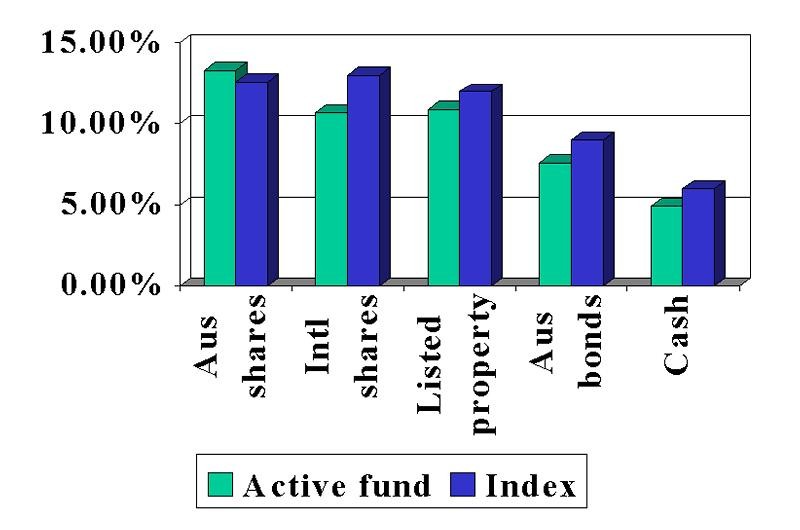Index Funds v Managed Funds Explanation
Post on: 28 Июнь, 2015 No Comment

Peter Dazeley/ Stone/ Getty Images
What Is an Actively-Managed Fund?
The portfolio manager of an actively-managed fund tries to beat the market by picking and choosing investments. The manager performs an in-depth analysis of many investments in an attempt to outperform the market index — like the S&P 500.
What Is an Index Fund?
Index funds are considered to be passively managed. The manager of an index fund tries to mimic the returns of the index it follows by purchasing all — or almost all — of the holdings in the index. Hundreds of market indexes can be invested in via mutual funds and exchange-traded funds.
Should You Own Actively-Managed Funds or Index Funds?
The potential to outperform the market is one advantage that actively-managed funds have over index funds, and this notion of outperformance is attractive to investors. After all, why settle for an index fund when you know you will only receive the market return. less a nominal fee, to the fund’s manager? Unfortunately, evidence that actively-managed funds can consistently outperform their relevant index is difficult to find. It’s even more challenging for an individual investor to identify which actively-managed fund will outperform the index in a given year.
According to Vanguard, for the 10 years leading up to 2007, the majority of actively-managed U.S. stock funds underperformed the index they were seeking to outperform. For instance, 84% of actively-managed U.S. large blend funds underperformed their index, and 68% of actively-managed U.S. small value funds underperformed, as well. The case is even worse for actively-managed bond funds. In that case, almost 95% of actively-managed bond funds underperformed their indexes for the 10 years leading up to 2007.
Luck or Skill?
You might point out that some funds indeed beat their indexes, so why not buy those? Well, how do we know whether the active manager was skilled in his or her investment selection, or was just lucky? The evidence from a Barclays Global Investors study shows that the chance is slim for continued outperformance by an active manager to continue beating the index.
For the period of December 31, 1992 to December 31, 2007, only 41.6% of actively-managed U.S. large company funds that beat the S&P 500 in a particular year were able to beat the S&P 500 in the next year. After three years, only 9.7% of the original group was still beating the index. The numbers are similar for actively-managed small cap funds and emerging market funds.
Cost Considerations
Actively-managed funds start at a disadvantage when compared to index funds. The average ongoing management expense of an actively-managed fund costs 1% more than its passively managed cousin. The expense issue is one reason why actively-managed funds underperform their index.
Tax Considerations
Another issue, which is not reflected in fund return numbers. is that the portfolio manager of an actively-managed fund — who is in search of extra returns — buys and sells investments more frequently than an index fund. This buying and selling of stocks by the active manager — known as turnover — results in taxable capital gains to the fund shareholders, provided the fund is owned in a non-retirement account.
The evidence shows that there are good active managers. but finding such managers in advance of their outperformance is difficult. More importantly, as the Barclays study suggests, uncertainty always surrounds the good managers. Can they continue to outperform?














